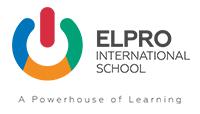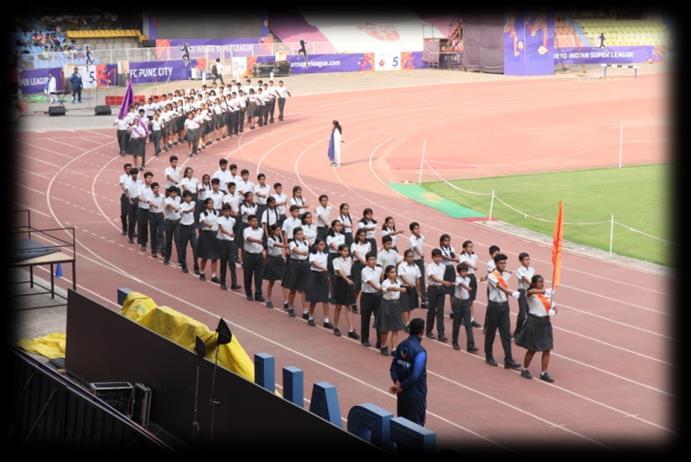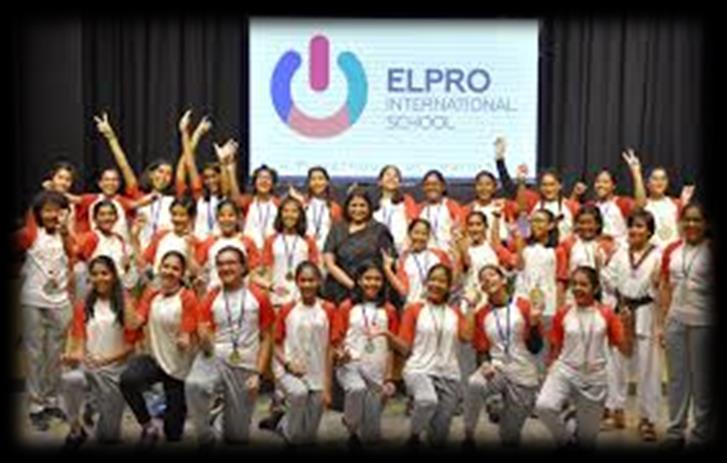Advantages and Disadvantages of Studying in a CBSE School
CBSE (Central Board of Secondary Education) is one of the most popular education boards in India. It is a national level board that provides a standardized curriculum for students from kindergarten to grade 12. CBSE schools are known for their quality education, experienced teachers, and modern teaching methods. However, like any education system, there are advantages and disadvantages to studying in a CBSE school in Pune. Let’s take a closer look.
Advantages of Studying in a CBSE School
1. Standardized Curriculum: The CBSE curriculum is designed to provide a standardized education throughout the country. This means that students can easily transition from one CBSE school to another without any major differences in the syllabus. The curriculum is also designed to prepare students for competitive exams such as JEE, NEET, and AIIMS, which are required for admission to top engineering and medical colleges in India.
2. Experienced Teachers: CBSE schools are known for their experienced and qualified teachers. The CBSE board conducts regular training programs and workshops for teachers to keep them updated with the latest teaching methods and technology. This ensures that students receive a high-quality education from knowledgeable teachers who can provide them with the guidance and support they need to succeed.
3. Holistic Development: The CBSE curriculum is designed to promote the overall development of students. In addition to academics, CBSE schools also focus on extracurricular activities such as sports, music, dance, and art. This helps students to develop their skills and interests, and promotes their physical, mental, and emotional well-being.


4. Easy Access to Resources: CBSE schools have access to a wide range of educational resources such as textbooks, study materials, and online resources. This ensures that students have access to the latest information and technology, which can enhance their learning experience.
5. Reduced Stress: CBSE has introduced a Continuous and Comprehensive Evaluation (CCE) system which aims to reduce stress and pressure on students. The CCE system assesses students on various parameters such as academics, co-curricular activities, and life skills, which can help to reduce the burden of exams and promote a more holistic approach to learning.
Disadvantages of Studying in a CBSE School
1. High Fees: CBSE schools can be more expensive than state board schools. This is because they offer a standardized curriculum, experienced teachers, and access to modern technology and resources. The fees can be a burden for parents who are looking for an affordable education for their children.
2. Lack of Regional Culture: The CBSE curriculum is designed to provide a standardized education throughout the country. This means that it may not include the regional culture and language of the state where the school is located. This can make it difficult for students to connect with their local culture and traditions.
3. Emphasis on Exams: The CBSE curriculum is designed to prepare students for competitive exams such as JEE, NEET, and AIIMS. This means that there is a greater emphasis on exams and marks, which can create a stressful and competitive environment for students.
4. Limited Flexibility: CBSE schools in Pune may have limited flexibility when it comes to curriculum design and implementation. This means that students may not have the opportunity to pursue subjects or courses that are not included in the CBSE curriculum.
5. Limited Autonomy: CBSE schools are governed by the rules and regulations set by the board. This means that they may have limited autonomy when it comes to decision-making and implementing changes in the curriculum or teaching methods.

Conclusion
CBSE schools are known for their quality education, experienced teachers, and modern teaching methods. However, like any education system, there are advantages and disadvantages to studying in a CBSE school. The standardized curriculum, experienced teachers, and holistic development are some of the advantages of studying in a CBSE school. On the other hand, high fees, lack of regional culture, and emphasis on exams are some of the disadvantages of studying in a CBSE school. Ultimately, the choice between CBSE and state board schools depends on individual preferences and priorities.
Parents should consider factors such as the quality of education, affordability, and cultural relevance when choosing a school for their child. They should also consider the child’s interests, strengths, and career aspirations when making a decision. It is important to note that both CBSE and state board schools have their own strengths and weaknesses, and the decision should be based on what works best for the child.
In conclusion, CBSE schools have many advantages such as a standardized curriculum, experienced teachers, and a focus on holistic development. However, there are also some disadvantages such as high fees and limited flexibility. Ultimately, parents should consider their child’s needs and priorities when choosing between CBSE and state board schools. Both systems have their strengths and weaknesses, and the decision should be based on what is best for the child’s overall development and future success.
Source url - https://medium.com/@elproschools.edu.in/advantages-and-disadvantages-of-studying-in-a-cbseschool-3a7c2613eea

